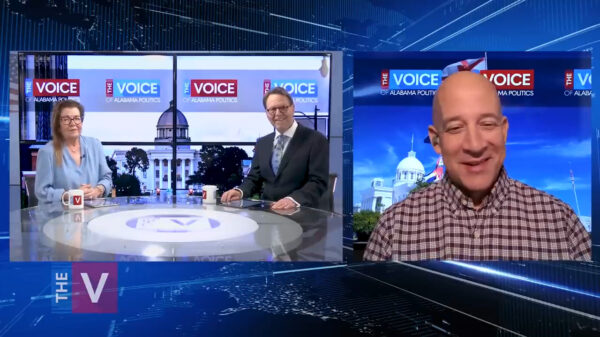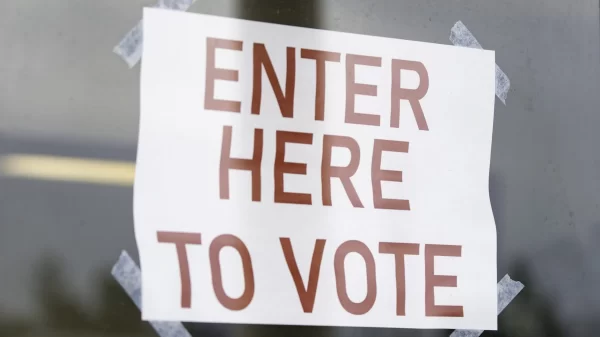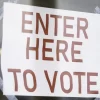It’s officially an election year. Alabama chooses members of the Legislature and constitutional officers like governor and secretary of state in off years. The next time we elect lawmakers and constitutional offices is 2022.
However, this is a huge election year, even in Alabama. The Republican and Democratic primaries are March 3, 2020, also known as Super Tuesday when Alabama joins 13 other states by holding primaries.
Besides voting for a favorite for president in the Democratic and Republican parties, Republicans will also choose a nominee for U.S. Senate to run against incumbent Democrat Doug Jones. Nominees for the U.S. House also are elected on March 3.
And then on Nov. 3, voters will choose presidential electors and representatives for the U.S. Congress.
Yeah, it’s a busy year.
But before all that, the Legislature will convene on Feb. 4, about a month from now. We already know lawmakers will consider some goofy bills, some designed to make it look like they are really doing something (like the do-nothing gun bill referred to by my colleague Josh Moon in his Thursday column) or in response to some perceived evil lawmakers come up with every session.
How nice it would be if the Legislature actually did something that would help state voters. There are plenty of possibilities.
First, lawmakers should open Alabama’s ballot so that third-party and independent candidates have a better shot at getting listed. The demands on third-party and independent candidates are far too steep, so most don’t even try.
Wouldn’t it be nice to have more choices than just the same Democrats and Republicans every election? I think it would be.
Lawmakers also should end Alabama’s straight-ticket voting option. That makes for lazy voters, voters who don’t have to find out about the candidates on the ballot because they’re just going to fill the oval for all Republicans or all Democrats.
Straight-ticket voting and difficult rules to gain access to Alabama’s ballot are keeping Alabama’s elections from being more competitive and, literally, keeping the best candidate in many races from being able to win.
Secretary of State John Merrill loves to brag about how much he’s done as the state’s top election official. If Merrill would get behind these two measures – opening the state’s ballot and ending straight-party voting – he’d really have something worthy to boast about.
Of course, he’ll be going against his own Republican Party, which does not want an open ballot nor an end to straight-ticket voting. That’s because Republicans like things just the way they are, and would rather work toward suppressing the vote than actually helping voters be smarter at the polls.
Only seven states still allow straight-ticket voting: Alabama, Indiana, Michigan, Kentucky, Oklahoma, South Carolina and Utah. And Indiana prohibits straight ticket voting in at-large elections.
Meanwhile, FairVote, a nonpartisan organization that campaigns for election reforms, lists Alabama as the No.1 hardest state in which to get on a ballot if you are not a Democrat or Republican. In Alabama, FairVote says, “a new party, or a statewide independent candidate (for all office except president) needs a petition of 3 percent of the last gubernatorial vote. No one has managed to complete this petition since it came into existence in 1997 except the Libertarians in 2000. Furthermore, if a party does get on, it needs to poll 20 percent of the vote for any statewide office to stay on. Furthermore, the petition deadline in presidential years is in March.”
That’s a very high bar, indeed.
So what about it Secretary Merrill? You’re no longer running for the U.S. Senate, right? How about working with lawmakers to make Alabama’s elections more fair and competitive?
Joey Kennedy, a Pulitzer Prize winner, writes a column every week for Alabama Political Reporter. Email: [email protected].





















































